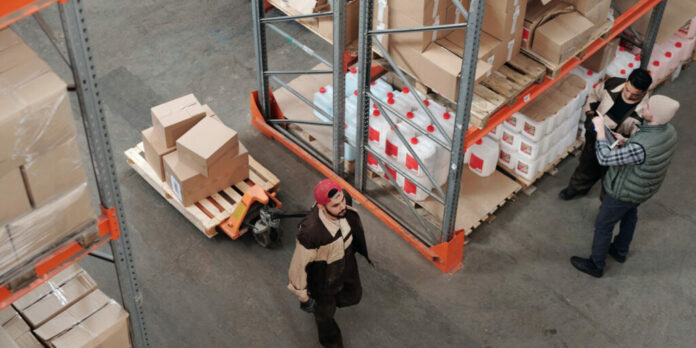As from 1st January 2021, the United Kingdom is not form part of the Customs Union anymore. This has a bearing on goods brought in and out of the Customs Union in terms of determining preferential origin.
If goods originate in the UK, one may be able to claim a preferential rate of duty when these are imported into Malta and released for free circulation. This means they’ll be free (or benefit from a reduced rate) of Customs Duty. VAT will still be due on import.
To claim preferential rates of duty, the imported product must originate in the UK (as the exporting country) as set out in Chapter 2 of the Trade and Cooperation Agreement ‘rules of origin’ and Chapter 2 of the Union Customs Code.
One is to properly classify the specific product originating in the UK, to be able to assess the duties and specific provisions associated with it, against the TARIC database. The TARIC database is available on the Customs Department’s website, as follows: https://ec.europa.eu/taxation_customs/dds2/taric/taric_consultation.jsp?Lang=en
To benefit from preferential tariffs when importing into the EU from the UK, the importer will be required to declare that they hold proof that the goods comply with the rules of origin.
Entitlement to claim the preferential rate of duty is subject to, either:
- a statement on origin that the product is originating made out by the exporter; or
- the importer’s knowledge that the product is originating.
If goods do not meet the rules of origin requirements (or if proof of origin cannot be provided) Customs Duty still needs to be paid.
Statement on origin
The text for a statement on origin should be as outlined in Annex ORIG-4: TEXT OF THE STATEMENT ON ORIGIN as outlined in the TRADE AND COOPERATION AGREEMENT BETWEEN THE EUROPEAN UNION AND THE EUROPEAN ATOMIC ENERGY COMMUNITY, OF THE ONE PART, AND THE UNITED KINGDOM OF GREAT BRITAIN AND NORTHERN IRELAND, OF THE OTHER PART, as follows:
(Period: from___________ to __________ (1))
The exporter of the products covered by this document (Exporter Reference No … (2)) declares that, except where otherwise clearly indicated, these products are of … (3) preferential origin.
……………………………………………………………………………………………………(4)
(Place and date)
……………………………………………………………………………………………………
(Name of the exporter)
The statement on origin must be provided on an invoice, or any other commercial document (excluding a bill of lading), describing the originating product in sufficient detail to enable its identification and pertaining to the specific consignment.
Importers knowledge
‘Importers knowledge’ allows the importer to claim preferential tariff treatment based on evidence obtained about the originating status of imported products. This evidence must be in the importer’s possession, be in form of supporting documents or records which may be provided by the exporter or producer and provide evidence that the product qualifies as originating.
As the importer is making a claim using their own knowledge, no statement on origin has to be provided by the exporter or producer.
It is pertinent to highlight that this information is being provided as a generic guide and more specific details are outlined in the ‘Origin’ chapters outlined in the Union Customs Code Regulation (EU) 952/2013, the UCC Implementing Regulation (EU) 2015/2447 and the UCC Delegated Regulation (EU) 2015/2446.
It is also to be understood that goods imported into the EU from the UK, which had originally been imported into the UK from other EU countries will not be subject to import duty if they are imported back into the Customs Union within 36 months of their original export from the European Union to the UK. In such instances, VAT only will be due.
If these goods are imported into the Customs territory of the EU after three years from their original export outside the European Union (in this case to the UK), then the goods will lose their origin and all taxes (duty and vat) will be due on import.
If goods originally exported from the Customs Territory of the Union are being returned in unaltered state to the same exporter within 36 months of the original export, then no taxes are due.
Exports from the EU to the UK
The procedures for exporting goods to the UK will be the same as those currently employed for exports to other third countries. However, the agreement provides for preferential treatment of goods originating in the EU for UK importers. In order to fulfil this provision, economic operators who export goods to the UK need to register in the REX System. These economic operators are guided to contact the Special Procedures Unit on 25685141 and 25685156 in order to initiate their registration process.
All relevant information associated with the procedures to be followed upon imports from and exports to the UK can be found in the Guidance Note – Withdrawal of the United Kingdom and EU Rules in the Field of Customs, including Preferential Origin – https://ec.europa.eu/taxation_customs/United Kingdom_withdrawal_en. This is also available on the website of the Customs Department www.customs.gov.mt






